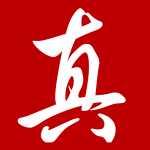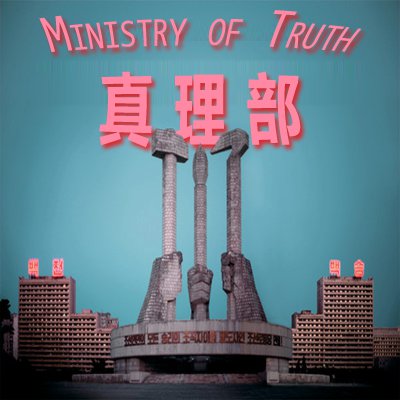The following censorship instructions, issued to the media by government authorities, have been leaked and distributed online. The name of the issuing body has been omitted to protect the source.
Disable commentary on the article “Lu Wei on Inability to Log On to Facebook: We Haven’t Closed A Single Foreign Website.” Implement immediately. (October 30, 2014)
关闭《鲁炜回应无法登陆facebook:没关过境外任何一家网站 》一文下的评论,立即执行。[Chinese]
While speaking to the press about the “World Internet Conference” to be held in Zhejiang Province next month, head of the Cyberspace Administration of China (China’s main Internet regulator, formerly known as the State Internet Information Office) Lu Wei was questioned on why certain foreign websites were “shut down” in China. Lu’s measured response was evasive. The BBC reports:
Asked by a reporter why sites such as Facebook had been shut down, Mr Lu replied: “I have never used any of these websites so I don’t know if they have been shut down. But as for situations where some sites become inaccessible, I think it is possible.
“We have never shut down any foreign sites. Your website is on your home soil. How can I go over to your home and shut it down?”
Mr Lu however added that while China was “hospitable”, it could also “choose who can come to our home and be our guest”.
“I can’t change who you are but I have the power to choose my friends,” he said. “I wish that all who come to China will be our real friends.” [Source]
Last month Lu Wei commented on the need for strict Internet control—both for economic reasons: “We cannot permit [foreign Internet companies] taking advantage of China’s market, of profiting from Chinese money, but doing damage to China”; and to maintain order on unruly social media: “Freedom and order are twin sisters, and they must live together.” Over the past year, Microsoft and Qualcomm have both seen antitrust probes in China as Beijing continues to put pressure on foreign tech firms.
In February, Xi Jinping vowed to turn China into a “cyberpower,” and a report by Adam Segal for Forbes notes that the upcoming World Internet Conference signals Beijing’s intentions to “take more of a role in shaping the rules of the road for cyberspace.”









